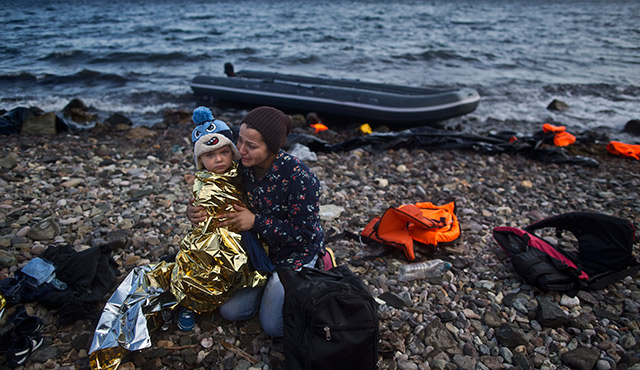Early in his papacy, St. Pope John Paul II stood with the Solidarity movement in Poland and stared down the Soviet regime, setting in motion a chain of events that led to the collapse of communism in Eastern Europe. From his platform on the international stage, he went on to evangelize by reminding the Church of its central mission to proclaim the Good News to the world.
Scholarly and reserved, Pope Emeritus Benedict XVI illuminated the message of the Bible and the Church, making it more relevant to the modern world. Ever behind the scenes, he was a part of the “policy team” from Vatican II through his role as advisor to his predecessors and successor.
While evangelization is the legacy of St. Pope John Paul II, and scholarship that of Pope Emeritus Benedict XVI, it is looking more and more like Pope Francis is fast becoming the pope of piety, with a heavy side of humility.
Like Pope John Paul II, he has wasted no time in taking on the most controversial and important issues of our time. He speaks forcefully, yet simply, on key issues: human dignity, family and marriage, the environment and the status of immigrants and refugees. He is comfortable with Democrats and Republicans, communists and capitalists, world leaders and the homeless. He asks us to stop squandering our resources, our values and, most importantly, people.
While pundits try to label him along political lines, he has a disarming way of cutting to the chase. Recently in New York, he met with homeless people served by the Charitable Center of St. Patrick Parish.
“The son of God came into this world as a homeless person,” said the pope. “The son of God knew what it was to start life without a roof over his head… We would also do well to ask: Why do these, our brothers and sisters have no place to live? Why are these brothers and sisters of ours homeless?” During his visit to the United States, care for the poor and disenfranchised was a common theme in the pope’s message.
The day before Pope Francis left for his historic visit to Cuba and the United States, he addressed a group of Catholic and non-Catholic relief service providers in Rome on the Iraq-Syria humanitarian crisis. “In this ocean of pain, I urge you to give special attention to the material and spiritual needs of the weakest and most defenseless,” he said. Just 10 days earlier, he asked Europe’s Catholics, including every parish, religious community, monastery and sanctuary, to take in one refugee family — an appeal that, if honored, will shelter tens of thousands of families. Catholic Relief Services (CRS) is already “boots on the ground” and is the largest responder to the Syrian refugee crisis in Europe. What Pope Francis is asking European Catholics to do is to make the effort personally, not to rely on government or others to pick up the slack. He is reminding us of Jesus’ words: “Amen, I say to you, whatever you did for one of these least brothers of mine, you did for me.” (Mt. 25:40)
Kevin Appleby, Director of Migration Policy for the U.S. Catholic Council of Bishops in Washington, D.C., says Pope Francis was the first world leader to sound the alarm on the burgeoning Syrian refugee crisis. “During his trip to Lampedusa, Italy in July 2013, the pope celebrated Mass and laid a wreath in the sea to remember the many hundreds of migrants who have died attempting to reach Europe by sea,” said Appleby. “He joined his powerful actions that day with words that sent ripples throughout European capitals and beyond.” Although he is not a politician or policy maker, by “focusing on the Syrian conflict and its human consequences Pope Francis has helped create political space for governments to take action.”
On Sept. 29, just two days after Pope Francis left the United States, President Obama issued a Presidential Determination on Refugee Admissions that increased the 2016 cap from 20,000 to 85,000 allowing the U.S. to accept more Syrian refugees. Appleby expects that Catholic Charities affiliates throughout the country will shelter 25 to 30 percent of the refugees.
Catholic Charities of Orange County Executive Director Tita Smith has been down this road many times before. “It’s too early to tell if Syrian refugees will come our way, but we are ready to work in accordance with Bishop Vann to assist them.”
To contribute to Catholic Charities of Orange County’s efforts, go to ccoc.org or call (714) 347-9600.

